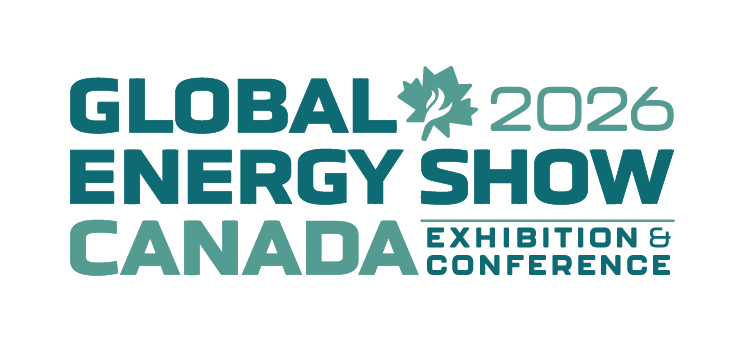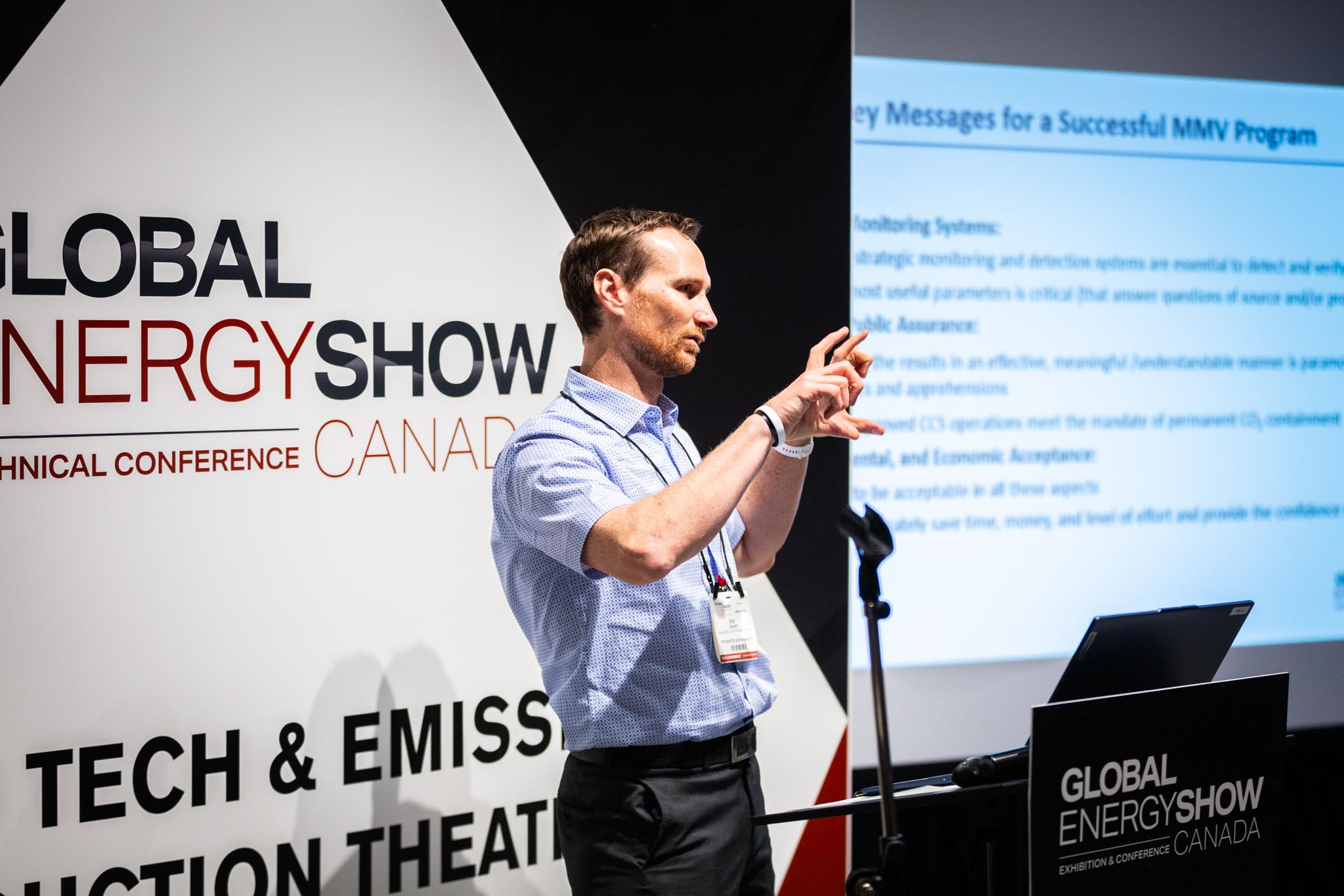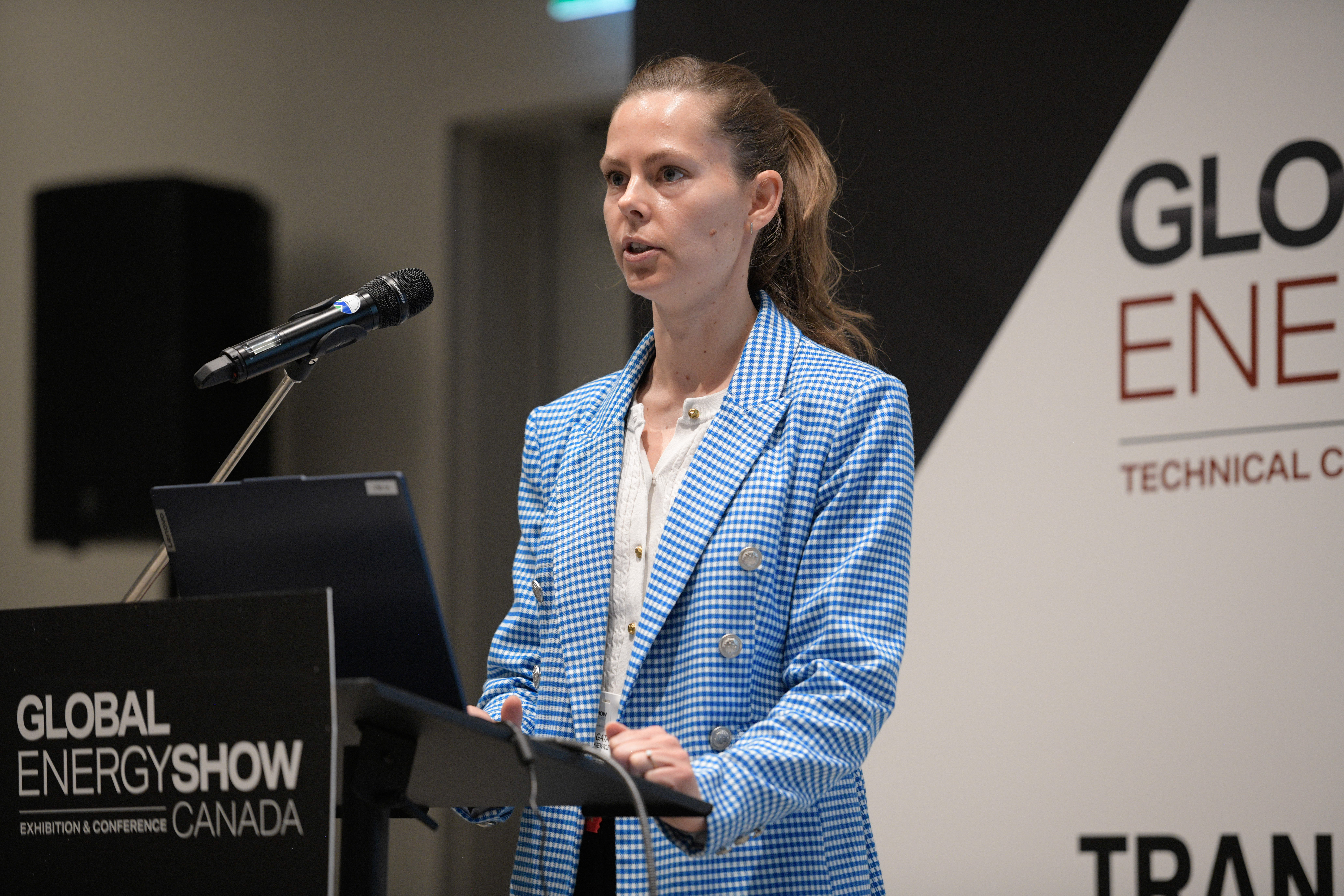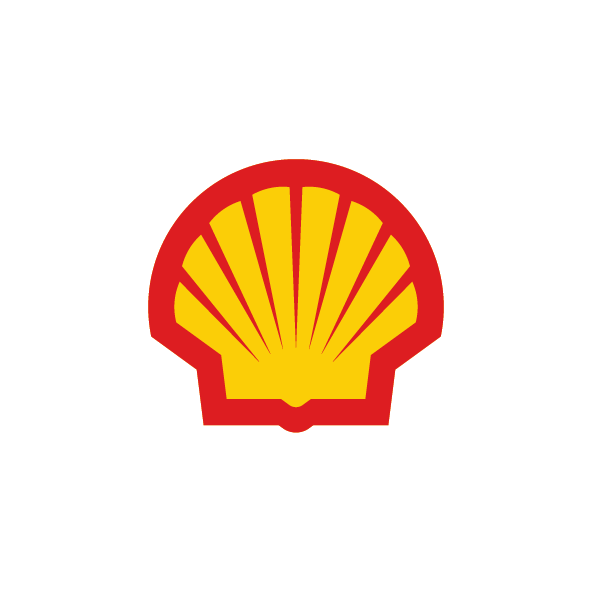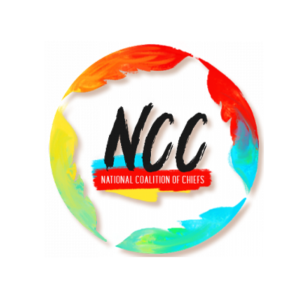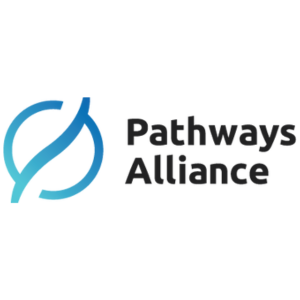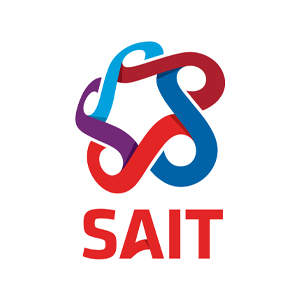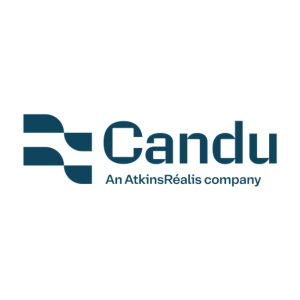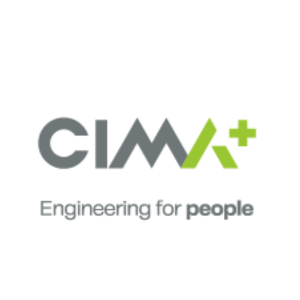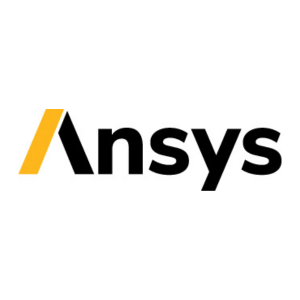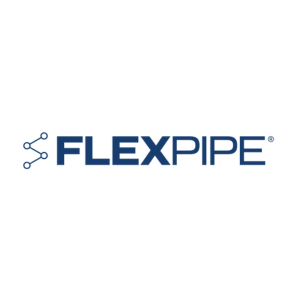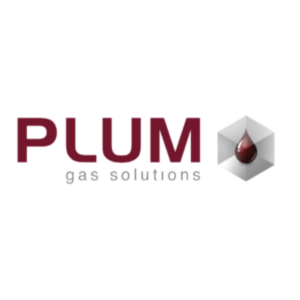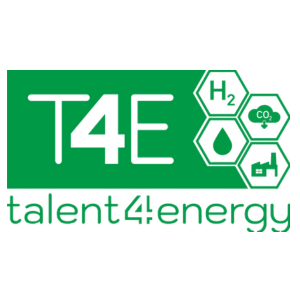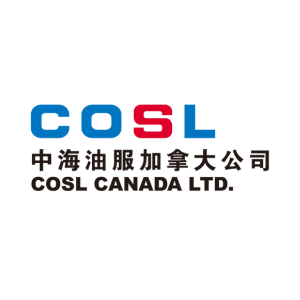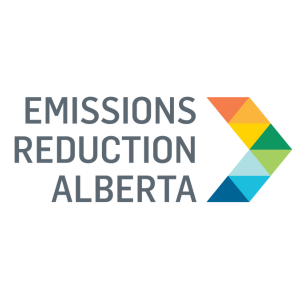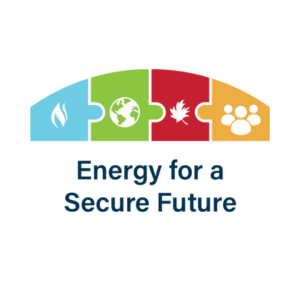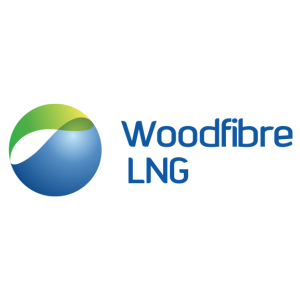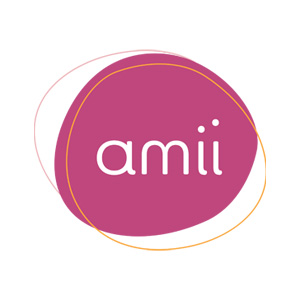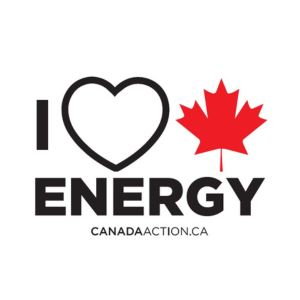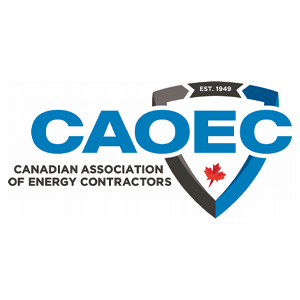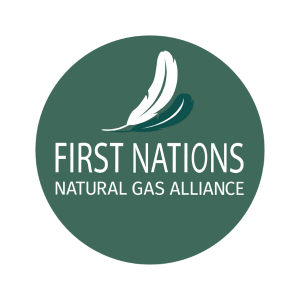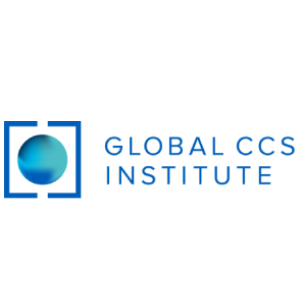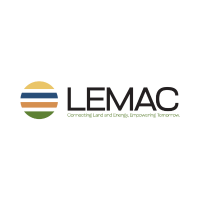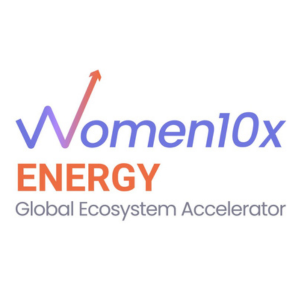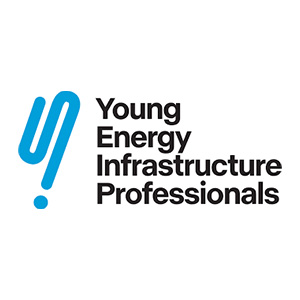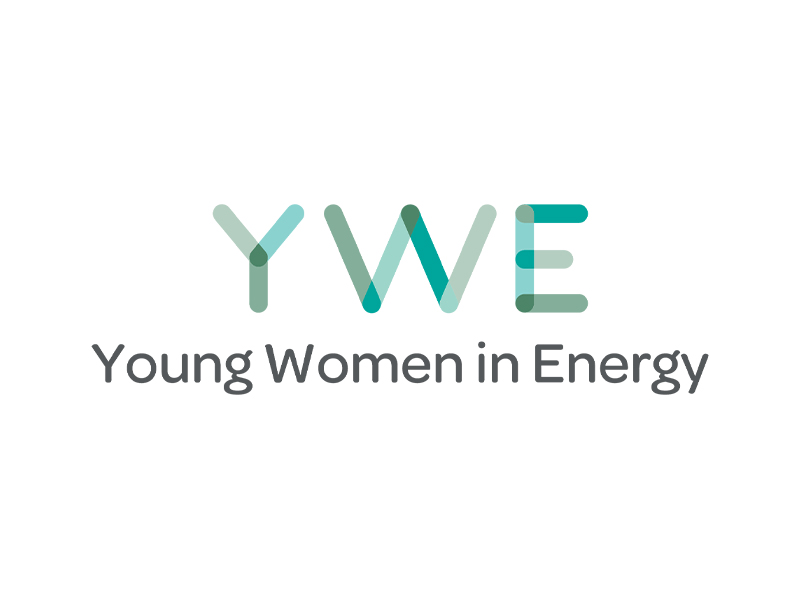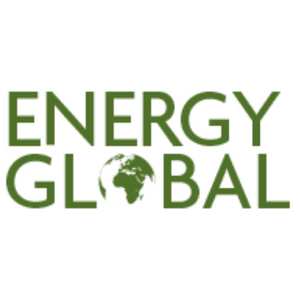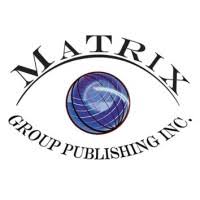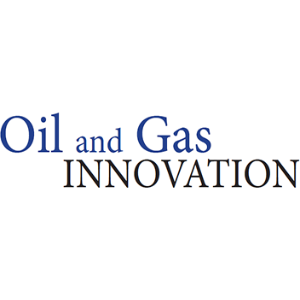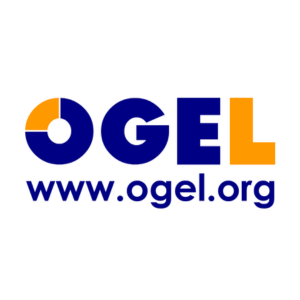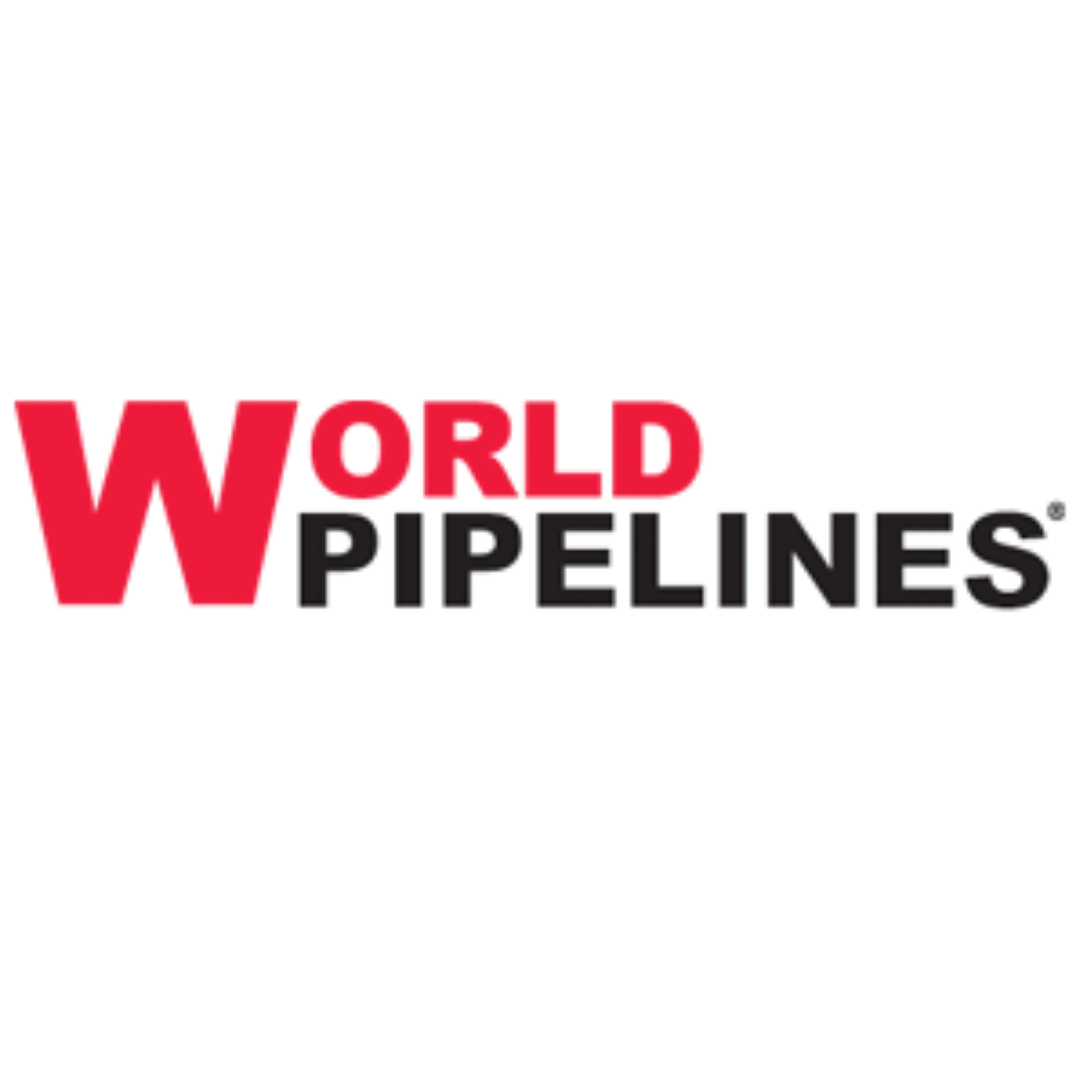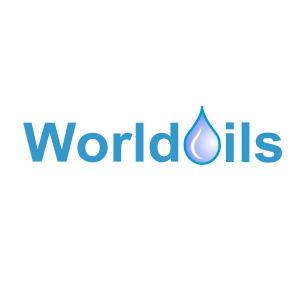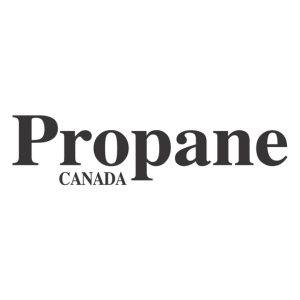Artificial intelligence and digitalization are revolutionizing the energy sector, offering powerful tools to optimize operations, enhance decision-making, and drive sustainability. As the International Energy Agency (IEA) highlights, "Digital technologies, including AI, are critical enablers of energy transitions, allowing us to optimize systems, reduce emissions, and unlock value across the energy ecosystem."
Submissions in the AI and Digitalization category should showcase a technology, process, or innovative application that leverages artificial intelligence, machine learning, data analytics, or digital transformation to enhance operations, optimize resources, or support decision-making within the energy sector. These submissions should demonstrate how AI and digital tools can address complex industry challenges, drive efficiencies, or unlock new opportunities for sustainability and resilience.
Suggested submissions might include applications of AI in predictive maintenance, real-time data analysis, asset optimization, and energy demand forecasting. Innovations that enhance safety through automation, support the deployment of smart grids, or improve operational insights via digital twins and advanced analytics are also highly encouraged.
Abstracts should highlight practical applications and, where possible, include case studies or pilot projects that showcase measurable impacts, such as reduced downtime, cost savings, or emissions reduction. Emphasis will be placed on technologies that demonstrate scalability, adaptability, and interoperability within the broader energy ecosystem.
When submitting through the online submission form, please select one of the subcategories below, if you do not see your category listed, please select Other.
Subcategories:
- Artificial intelligence (AI)
- Big data applications
- Blockchain
- Cybersecurity
- Digital twinning
- IIOT
- Industrial automation
- Machine learning
- Process controls
- Security risk management
- Other
